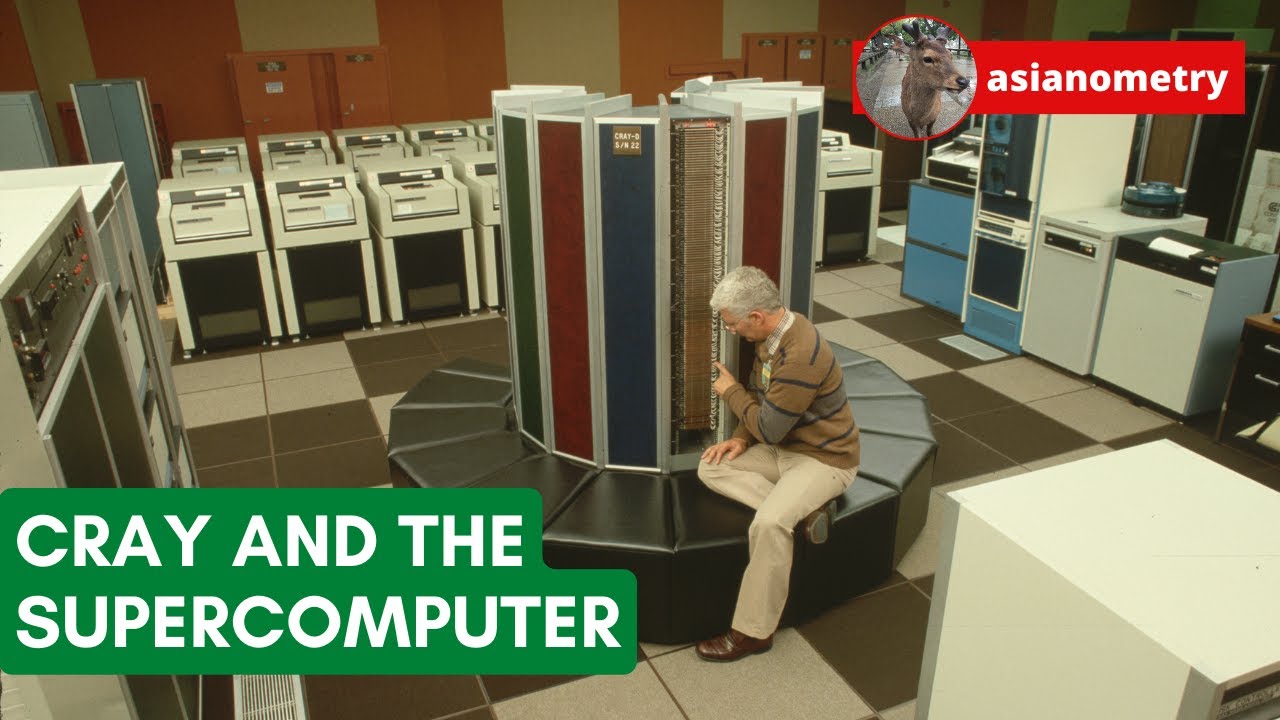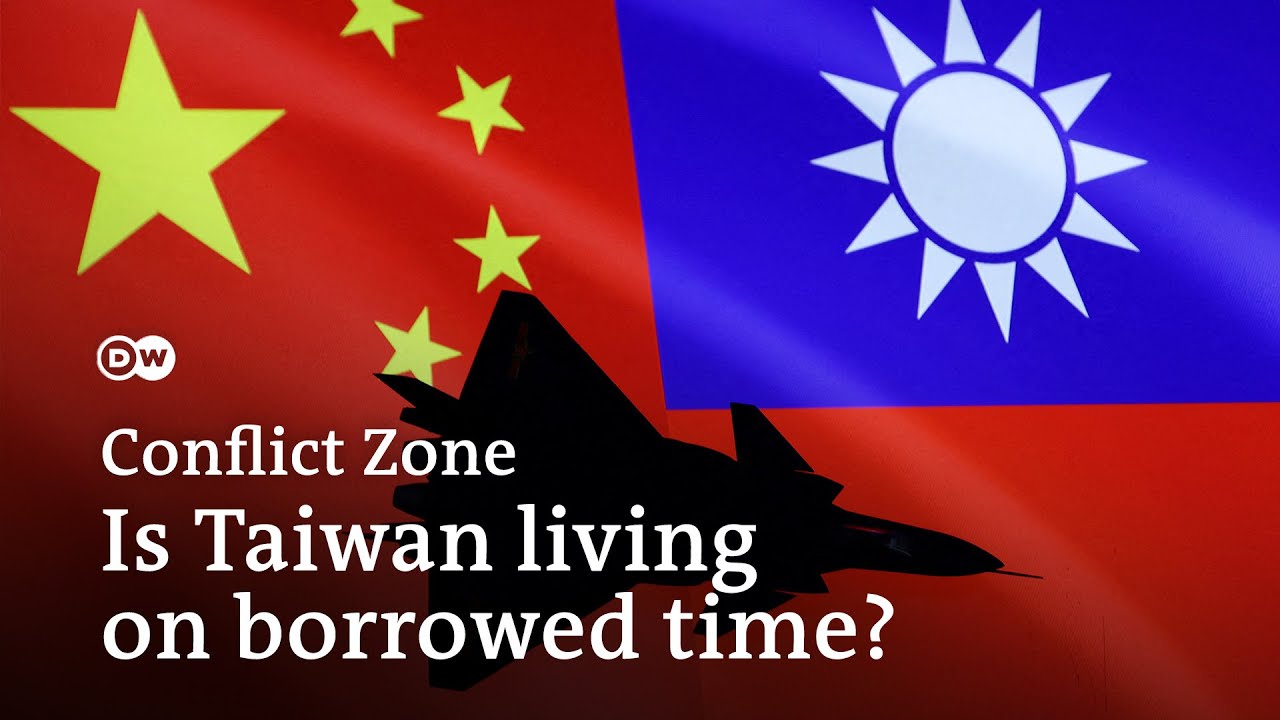

You can also do work+university, best I can tell there’s actually no pure university option.
It’ll be a question whether you have 9/10 or 13 years of primary+secondary education: The latter qualifies you to study anything, while the former qualifies you for trade school, which then qualifies you to study anything remotely connected to the profession you learned.
If you want to bee-line for say a Doctor in physiotherapy starting with trade school might actually be faster, while with less hands-on medicine the route directly to university will likely take less time. On the trade school route university won’t really be teaching you the subject, any more, but focus on how you can turn your experience into novel research.
This “just a trade school” thing just doesn’t really make sense in the German context. You can study metallurgy and still not be able to weld for shit, or you can become a welder and then study metallurgy (skipping some courses) and be somewhat lost when interpreting Goethe because you didn’t spend three additional highschool years on a generalist skillset.




















GP without doctor is just a consequence of the vast majority of doctoral thesis in medicine, for ages, having been slop without academic value. You don’t need to be a good researcher to be a good healer, to know what you’re doing, and if you want to spend your career setting bones then there’s probably not much to research to be had in that area, anyway, so why force practitioners to come up with random stuff to investigate.
Did you know that you can become Heilpraktiker with Hauptschulabschluss, though? The only real requirement is the Gesundheitsamt judging you to not be an active hazard to patients and you can practice medicine. With or without scare quotes, from martial artists doing off-brand physiotherapy to complete but “studied” quacks like homeopaths.